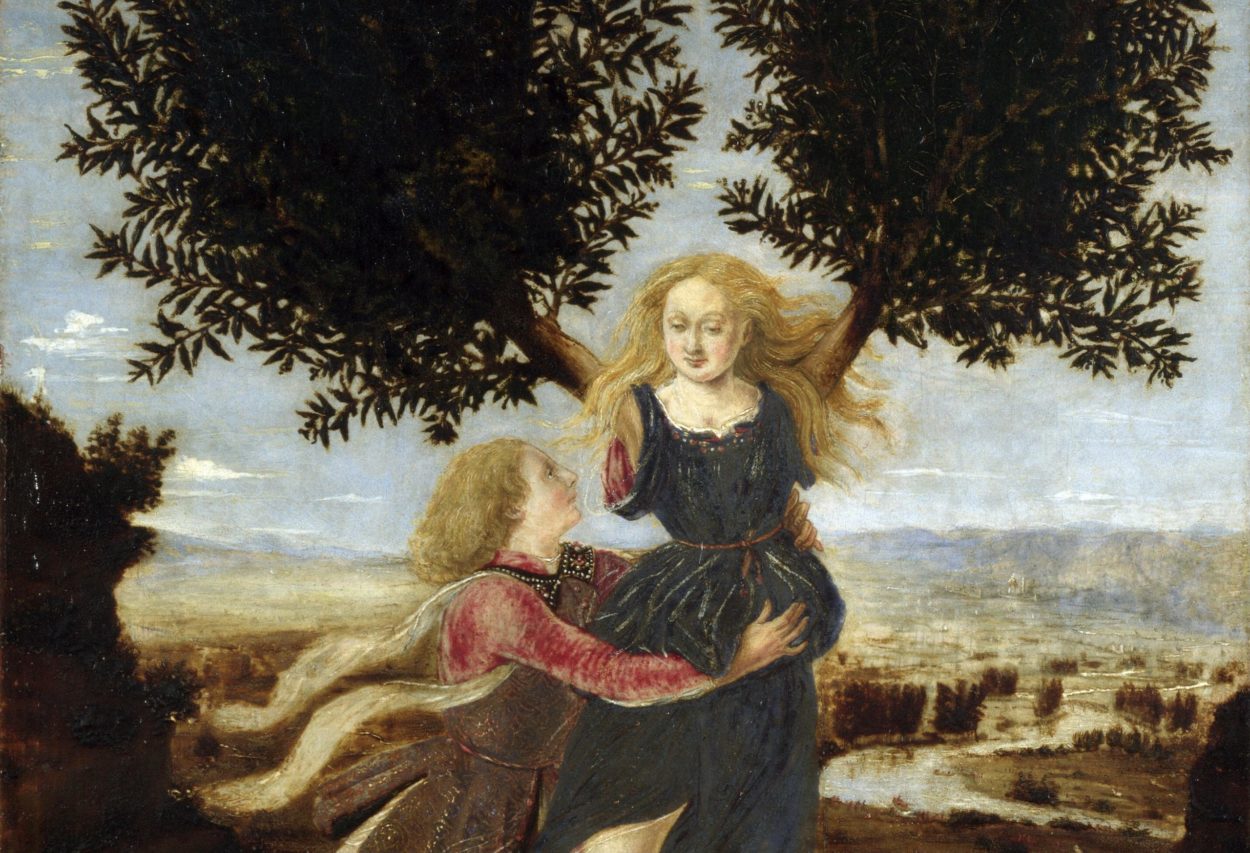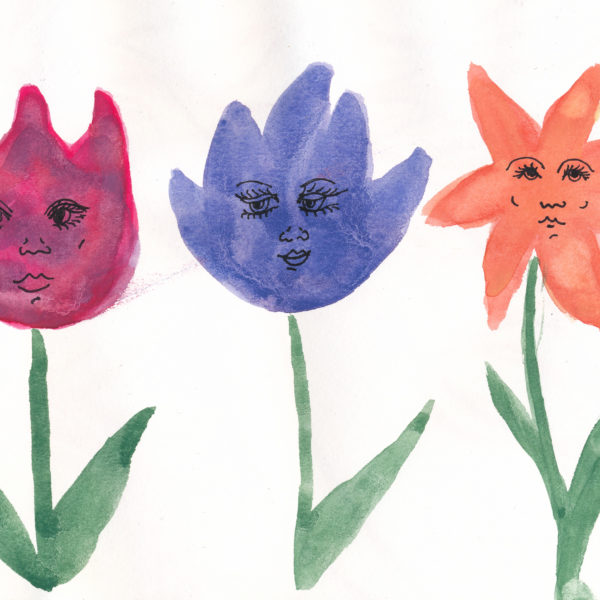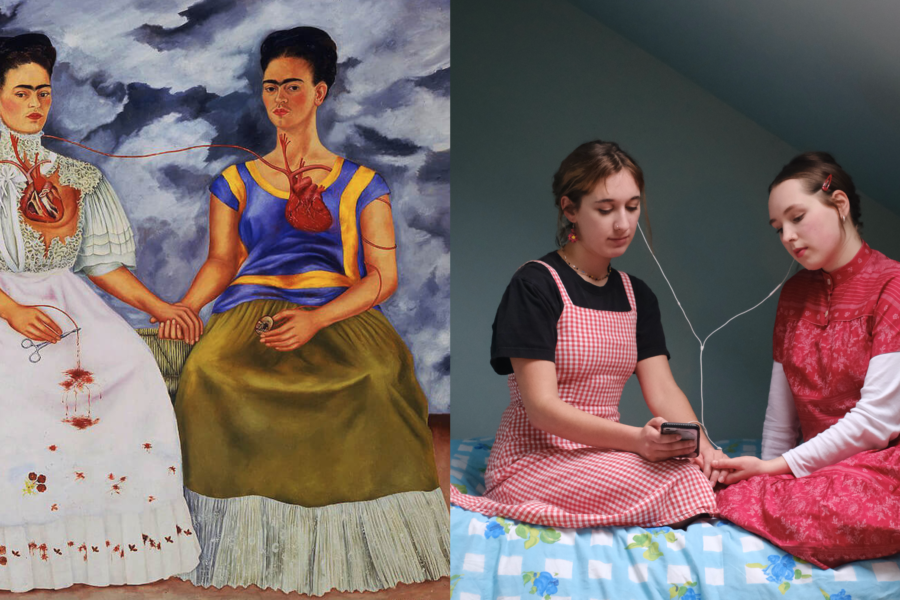To Ovid’s Metamorphoses and back. ‘I intend to speak of forms changed into new entities.’ So starts the Roman poet Ovid’s canonical text about Greek and Roman myth, the Metamorphoses. An epic poem that informs most of what the western world views as ‘classical’ myth, the work is one of many fantastical transformations. It is often considered equally united by the theme of metamorphosing as it is by love.

Sexual Violence in Greek and Roman Mythology
CW: Sexual assault and rape.
My first opportunity to learn Latin was in my first year of university, and me and my fellow students were keen to find a new take on 2000-year-old set text we used to rely on in translation. We found it. Ovid’s Metamorphoses is an epic poem rife with sexual assault and rape, presented as important and romantic poetry since its entry into the English language in the 15th century.
Out of the 250 myths included in the Metamorphoses, 50 contain sexual assault or rape. 19 are told at length and with clear, vivid language (if I see another argument that the latin verb rapere can mean ‘to seize’ as much as ‘to rape’ I swear…) However, despite Ovid’s many ethical failings (a debate I consider important but too broad for today), it is equally centuries of misinterpretation and mistranslation that make these myths so problematic.
The myth our class translated tells the story of Apollo’s lusty pursuit of the nymph Daphne. As a result of Apollo’s desire and relentless chasing, Daphne begs for her beauty to be taken away and is transformed into a tree as a result. This was often labeled ‘amorous’ or even ‘erotic’ by our lecturer. Yes, there’s a nice metaphor about burning with passion, but do you not think the romance stops when this burning is compared to a highly destructive bush fire? Even as a tree, embraced by the victorious god, Ovid grants Daphne one last clear reaction to her metamorphosis: ‘He gives kisses to the wood; still the wood shrinks from his kisses.’
While mythical in construction and intention, the depictions of sexual violence that often act as a catalyst for the transformations found in Ovid are realistic. Philomena is raped by her brother-in-law and her tongue is cut out to prevent her warning her sister. Callisto is ostracized for falling pregnant due to rape and turned into a bear. Women are pursued by those they don’t know, attacked by family members, and forced into subhuman incoherence or inanimate silence. However, survivors of sexual violence know that you don’t physically need to be transformed into something else to feel like someone else in the aftermath of your trauma. A feeling that no one understands you, or that there is something preventing you from speaking out is not limited to the fantastical and perverse world of myth; experiencing sexual assault is an altering experience, both in its initial stages and in recovery and growth.
It feels disjointed to try and claim agency for mythical women in comparison to my own and many others’ real experiences, furthermore fictional women written by a man, then often translated by other men. However, as the prominent feminist scholar of ancient literature, Amy Richlin, concludes ‘if the only names we speak are names of blood, maybe we can speak the blood off them’. The decolonisation of classical literature is granting fresh voices to old narratives entrenched in our literary and mythological mindset, and is forcing us to transform our interpretation of these myths as both a kind of European parabolic heritage and romantic storytelling framework. I intend to speak of forms changed into new entities. For better or for worse, experiences of sexual assault and rape alter us. But unlike Ovid’s metamorphoses, the changes we undergo at the hands of sexual violence are not our final forms, and we will not lose our voices.
Izzy Nendick
The header image is a painting by Perio del Pollaiulo and can be found in the national gallery.






Leave a Comment